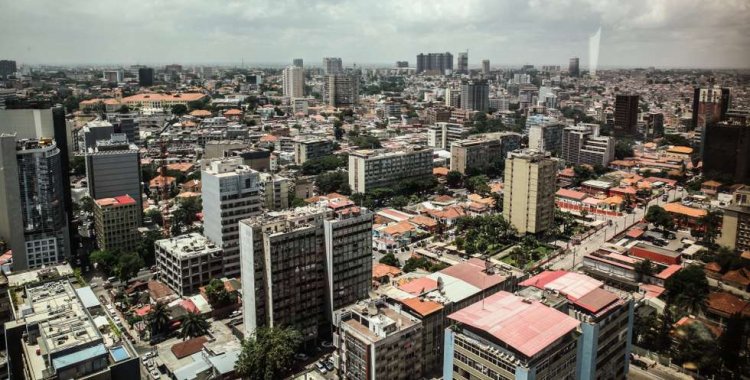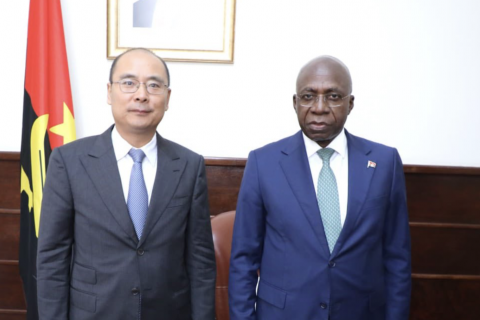Vitor Lledo was speaking at a press conference in Luanda, after the conclusions of the latest IMF analysis of Angola were presented, under Article IV, which points to the need to return to budgetary consolidation "to strengthen budgetary buffers and create space for development needs".
Speaking to journalists, the official stated that there had been progress in 2024, with an acceleration in economic growth, signs of a decline in inflation and a reduction in external debt, but stressed that "Angola has very high financing needs", recalling that debt servicing compromises more than 30 percent of non-oil revenues, "stealing" fiscal space for other priority expenditures.
Regarding the report that should be released in the coming weeks, he highlighted the importance of budgetary consolidation so that it is possible to generate the buffers necessary for Angola to increase its resilience to external shocks.
"Our observation is that this consolidation process is slowing down," he stressed, adding that one of the report's recommendations regarding the 2025 budget and the medium-term fiscal framework involves an additional consolidation of at least one percentage point of Gross Domestic Product (GDP) per year.
The proposal contained in the IMF report involves an additional adjustment, especially on the investment expenditure side, where there is room for greater rationalization, but in the medium term the objective is for this additional effort to come mainly from non-oil revenues.
"Increasing the mobilization of non-oil revenues is essential, not only for consolidation, but also to create the fiscal space necessary to address all the development deficits that Angola observes," said Vitor Lledo.
On the tax revenue side, the IMF advocates broadening the VAT base and continuing collection efforts given the high level of informality in the economy.
"Some studies even point to over 80 percent, which also generates a very strong revenue potential, as we adopt tax policies and tax revenue management policies that facilitate the formalization of the economy," suggests Vitor Lledo.
The IMF official also addressed the issue of removing fuel subsidies, which he acknowledged is challenging and must be combined with mitigation measures to support the most vulnerable families.
The Executive, through the Minister of State for Economic Coordination, José de Lima Massano, stated that it remains committed to the gradual elimination of fuel subsidies, although it does not intend to eliminate them completely by 2025.
The IMF analysis, released on Monday, highlights that the high external debt service limits development spending and dependence on oil continues to be an obstacle to sustainable growth.
"Liquidity risk could intensify if financing conditions deteriorate, further reducing social spending and putting pressure on the exchange rate," warn IMF economists, who fear that an early start to the political cycle, in view of presidential elections scheduled for 2027, could slow down the implementation of economic reforms.
On the positive side, the IMF highlighted higher oil prices, the positive repercussions of greater flexibility in global monetary policy and increased non-oil Foreign Direct Investment, particularly through the development of the Lobito Corridor, which could improve medium-term prospects.







